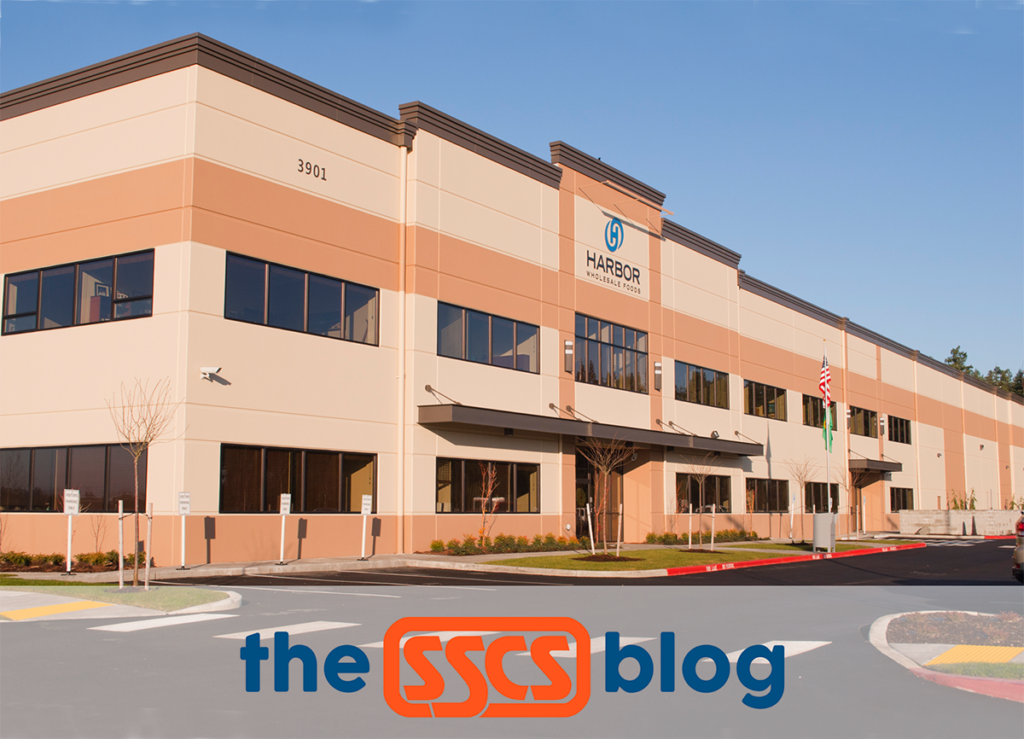
Harbor Wholesale Foods is in the convenience business, too.
A convenience store isn’t an island. While the onus of success lands squarely on the drive and business acumen of the owner/operator, the c-store also relies on key partners to meet growth and profitability goals. All are integral to the store’s success, but a modern, professional wholesaler is uniquely positioned to contribute.
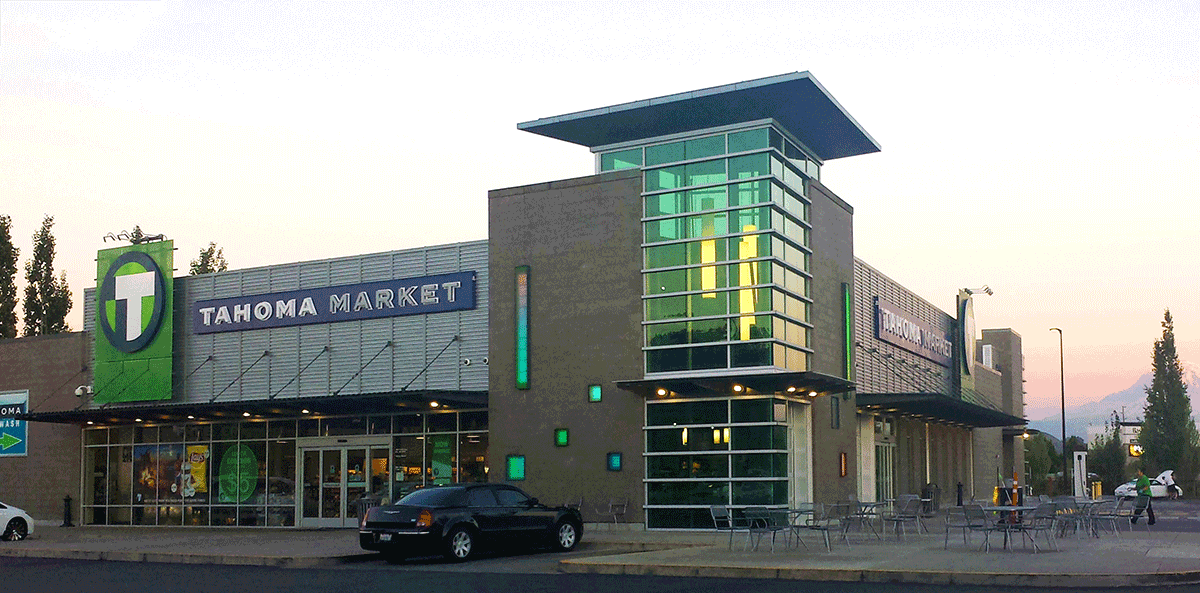
More than deliveries and orders
If you presuppose that pricing and inventory management are integral to convenience store success, and believe that the key to this success is the ability to review item and pricing information in way made actionable to the operator, the wholesaler’s central role in and impact on the daily c-store cycle comes more sharply into focus.
After all, the wholesaler works with inventory items and pricing on a daily basis: taking orders, delivering items, and more. No one has more consistent access to this rich vein of sales and -related information. It’s the lifeblood of the convenience store, and a good wholesaler monitors the flow and extracts the nutrients that a healthy enterprise requires. A natural partnership between the c-store and the wholesaler is formed, one that goes beyond a check point or two on the daily work process.

“Today’s successful wholesaler takes the item and pricing information at their disposal, leverages it on behalf of their customer, and keeps finding new ways to leverage it,” says one tenured SSCS sales consultant. “If they’re doing it right, they’re consultants—analyzing sales trends relating to groceries and other merchandise; finding the best, most cost-effective inventory mix.”
Turns out, the best wholesalers embrace even more expansive responsibilities, and the ones that succeed in their ambitions make the process as convenient as possible for their customer.
A modern approach; a legacy of experience
Harbor Wholesale Foods, headquartered in Lacey, Washington, is emblematic of today’s wholesaler, providing a host of services to their c-store customers that, while based upon item and pricing information, go far beyond them.
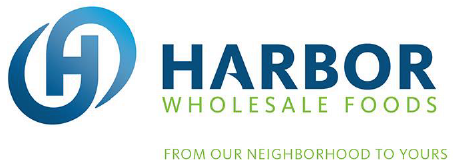
It’s a modern approach rooted in a legacy of industry experience. Harbor Wholesale is a four-generation family business started in 1923 by Swedish immigrant Carl Erickson. Founded in Aberdeen on the coast of Washington State, it began life as the West Coast Produce Company.
“Our first markets were much more rural than today,” says Ryan Peters, vice president for sales and marketing for Harbor. “We sold eggs and cheese to logging camps, and managed to grow and adapt to the continually changing needs of a market that eventually evolved into small groceries and restaurants and eventually, convenience stores.”
Since then Harbor has experienced continual growth. In addition to Washington State, the wholesaler now serves customers in Oregon, Idaho, California, and Alaska, with convenience stores making up the lion’s share of the business. Harbor’s representatives visit 2,500 convenience store sites every week. If you’re wondering how a company can survive and grow over four wildly different generations of wholesaling, the answer is a simple one.
 “Everything we do is driven by our commitment to make customers successful in a way that is as simple and seamless as possible,” explains Peters. “That last part is important. We want this to be easy for them. After all, we’re in the convenience business, ourselves. The fundamentals of good service don’t change over time. You just have to adapt your methods to continue meeting your goals.”
“Everything we do is driven by our commitment to make customers successful in a way that is as simple and seamless as possible,” explains Peters. “That last part is important. We want this to be easy for them. After all, we’re in the convenience business, ourselves. The fundamentals of good service don’t change over time. You just have to adapt your methods to continue meeting your goals.”In today’s data-drenched world, the wholesaler aiming to provide superior service to c-stores has to make sure they have not only the right attitude, but the right technology in place, a combination of systems and personnel that can find the products that consumers want, introduce successful new products and concepts, and optimize product exposure on the shelves.
In Part 2 of this profile, we’ll take an up close up at what goes into Harbor Wholesale’s support of its convenience store customers on a daily basis, including the role that technology like SSCS’s Computerized Daily Book back office plays. Stay tuned!
Click here to continue reading Part 2 of the Harbor Wholesale Foods story.

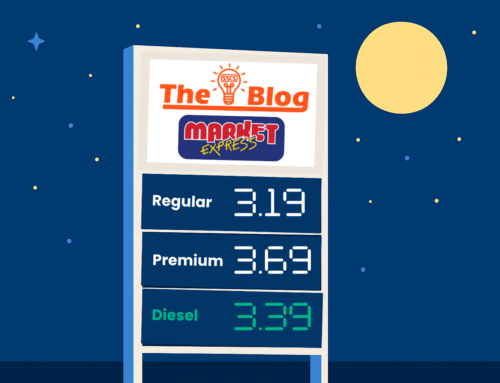



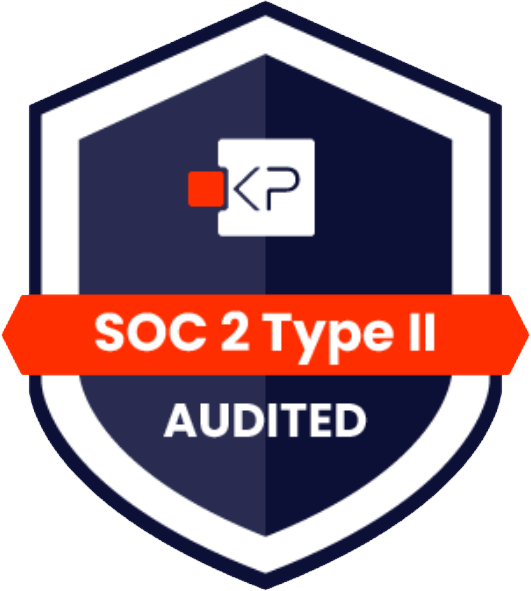
Leave A Comment